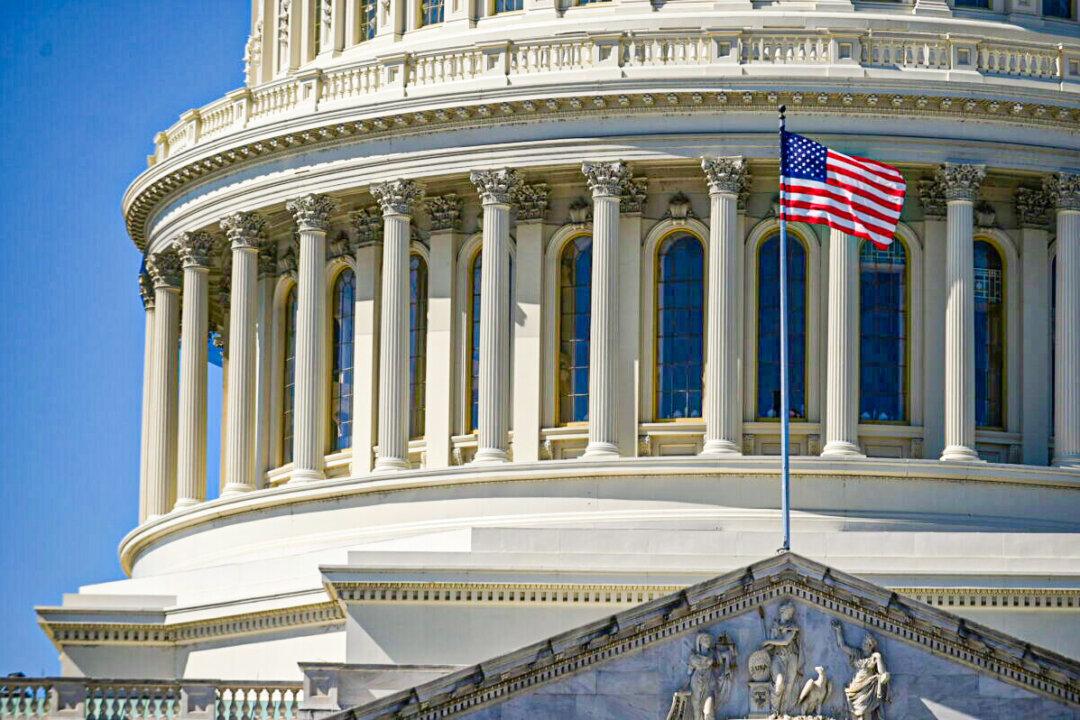Commentary
Politicians are bashing each other over China. Any links to the totalitarian state, past or present, are being hauled before voters for all to see. Candidates who have ever had such links must put on their hair shirts and explain themselves, usually failing in the process.





